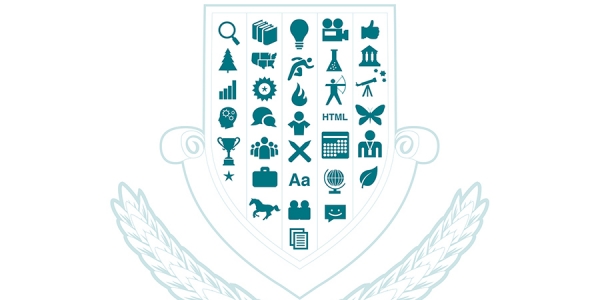Looking at the MOOC Professionally and Educationally
I have maintained since 2012 that the MOOC would be more likely to have an impact of advancing professional learning than it would in advancing students towards a degree. If you want a degree, you still need to take classes at your institution online or on the ground, get passing grades and complete the degree program, That has not really changed.
In the workplace or outside your workplace on your own, a MOOC is a good way to advance you knowledge for free or inexpensively and advance your career.
A new report, billed as “the first longitudinal study of open online learning outcomes,” suggests that many learners credit MOOCs directly for pay raises, promotions and even academic progress. ("Impact Revealed: Learner Outcomes in Open Online Courses," appears in Harvard Business Review. ) Looking at learners who complete one of Coursera’s MOOCs, a majority of learners feel they benefit professionally and sometimes educationally from completing a MOOC. This study corroborates previous findings that more learners are using MOOCs to further their careers than their education.
It also reinforces earlier findings that those who benefit the most from these courses are learners that were more likely to be employed men in developed countries who had previously earned a degree. Also, those from less-advantaged backgrounds are most likely to benefit.
That is quite different from the heyday of 2012 MOOC madness. The two narratives that got big media attention then were that 1) the MOOC will democratize higher education around the world 2) MOOCs would revolutionize and possibly destroy universities, tuition and degree programs. Unfortunately, that first idea has not come true on a large scale. And as far as #2, fortunately (or unfortunately, depending on your point of view) that also has not happened.
On that second point, a number of studies, including one at the University of Pennsylvania using data collected from nine MOOCs offered by the university's Wharton School, show that they did not "cannibalize" the school's programs. Researchers found 78 percent of the more than 875,000 students who took the MOOCs resided outside the United States while the M.B.A. programs generally enroll a majority of students from the U.S. A plus was that the MOOCs also attracted more underrepresented minorities.
Further Reading: chronicle.com/blogs/wiredcampus
This post also appeared at www.linkedin.com


 New even smaller than mini- online certification programs are changing the pathways to entering some industries. At the annual Google I/O conference this year, Udacity unveiled its new Android Developer Nanodegree program. It was created in cooperation with Google as a program to provide software developers with the skills they need to build Android applications. It also provides a credential to prove to potential employers that they have those skills.
New even smaller than mini- online certification programs are changing the pathways to entering some industries. At the annual Google I/O conference this year, Udacity unveiled its new Android Developer Nanodegree program. It was created in cooperation with Google as a program to provide software developers with the skills they need to build Android applications. It also provides a credential to prove to potential employers that they have those skills.